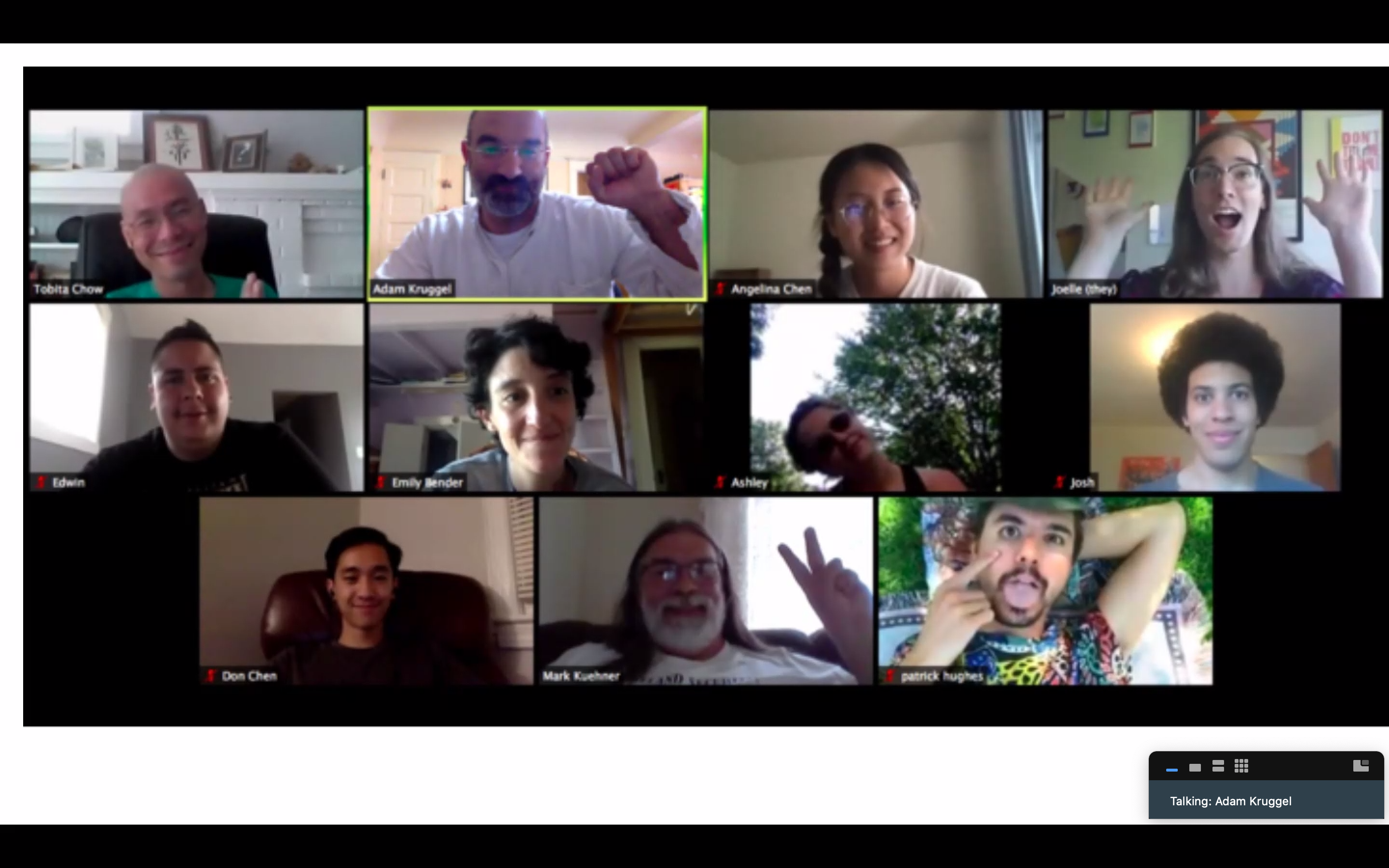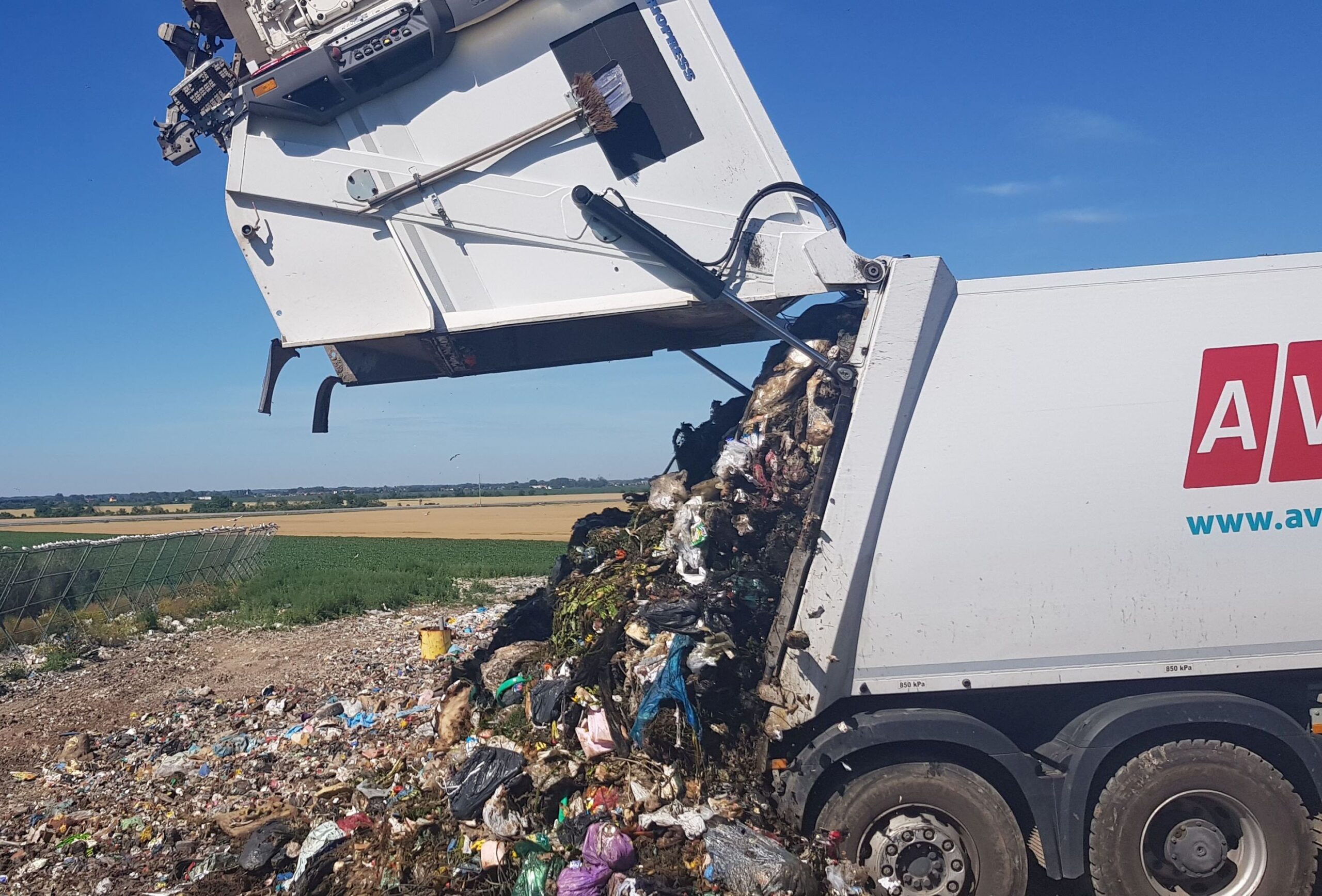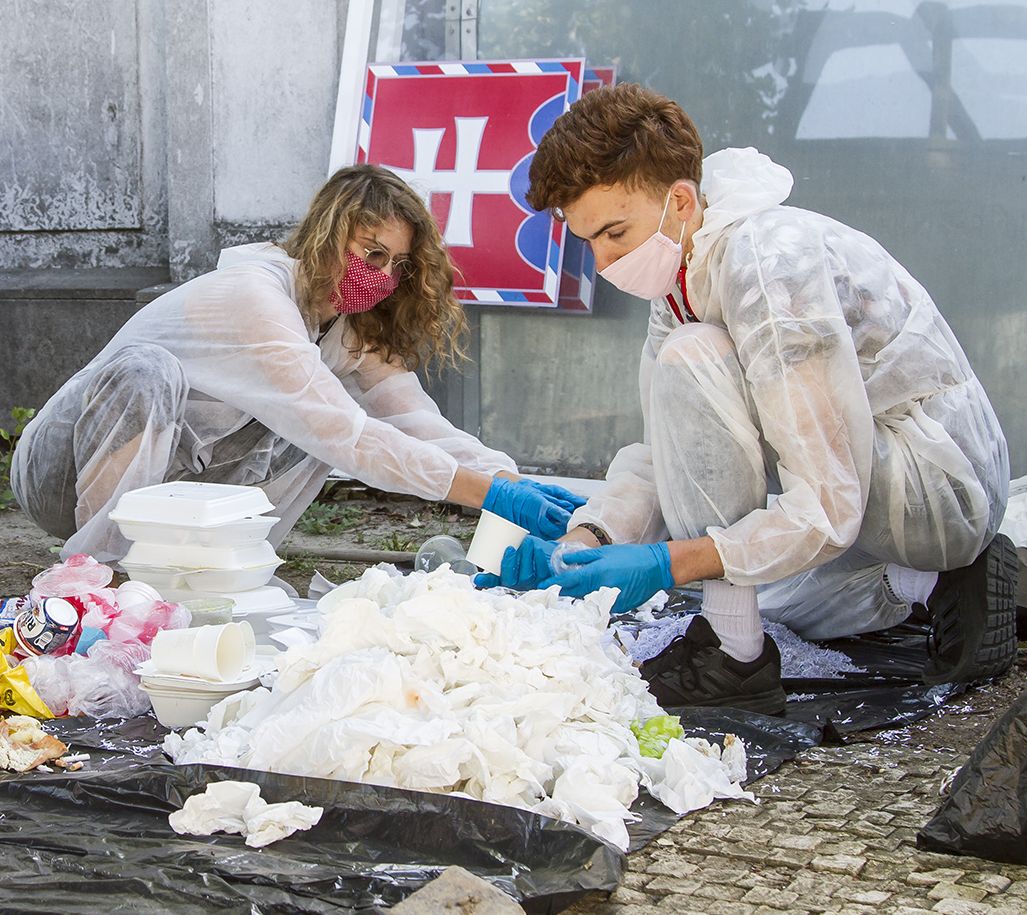Despite complications surrounding Covid-19, the CCE was pleased to be able to support some Bonner student internships this past summer. Two of the students were Filip Carnogursky ’23 and Angelina Chen ’22. In the U.S., Chen had an internship with Justice is Global (JIG), which is based in Chicago, through which she worked to promote narratives around global cooperation to counter growing nationalism and xenophobia via phone-banking and individual meetings with political organizers in the Asian diaspora in the U.S. Meanwhile, Carnogursky worked with Incien, an environmental protection advocacy organization in Slovakia in addition to additional work with marginalized Roma communities. We asked Chen and Carnogursky to share some reflections on their experience, how it shaped their ideas, and the skills they developed because of their internships.
 Chen started by admitting that “I wasn’t too sure what I was going into at the beginning because, with Covid-19, the organization itself was undergoing some changes in its agenda and programs.” She went to add that “eventually my internship experience exceeded my expectation…I got a glimpse into the experiences, aspirations, and struggles of seasoned organizers and activists, especially those rooted in the Asian American communities, as I helped to build a coalition of Asian American organizations” When asked about the effect Covid-19 had on her internship, she added that “surprisingly, Covid-19 became central to my work at JIG. As part of my internship, I participated in a deep canvassing project that aims to address anti-Asian sentiments and shift public opinion towards global cooperation during the pandemic. We called democrat and independent voters in Michigan and Pennsylvania and tried to start a conversation about the pandemic, checked in on their well-being, and built rapport over the phone.”
Chen started by admitting that “I wasn’t too sure what I was going into at the beginning because, with Covid-19, the organization itself was undergoing some changes in its agenda and programs.” She went to add that “eventually my internship experience exceeded my expectation…I got a glimpse into the experiences, aspirations, and struggles of seasoned organizers and activists, especially those rooted in the Asian American communities, as I helped to build a coalition of Asian American organizations” When asked about the effect Covid-19 had on her internship, she added that “surprisingly, Covid-19 became central to my work at JIG. As part of my internship, I participated in a deep canvassing project that aims to address anti-Asian sentiments and shift public opinion towards global cooperation during the pandemic. We called democrat and independent voters in Michigan and Pennsylvania and tried to start a conversation about the pandemic, checked in on their well-being, and built rapport over the phone.”
Carnogursky had a similar experience of quickly becoming part of something greater: “As I started my work, Incien was enveloped in projects from all sides. The first day I came to the beautiful office with a lush garden filled with hard working bees, I found myself at the spearhead of an exciting project ‐ designing an ecological product for the third biggest energy producer in Slovakia. After days of research, looking at examples from other electric utilities all around the world, with the supervision of my boss…we gave a presentation to the leading people of the company. They liked it! It was only two weeks into my internship and I felt like a significant part of the NGO.”
 He added that part of what Incien was working on was establishing the path trash takes after being disposed of: “We visited landfills releasing toxic methane, which were covered by green healthy grass from the side of the road, and with an open trash dump on the side that is overlooking fertile fields. We visited polystyrene producers who were trying to include recycled polystyrene in their products. We visited an electronics recycling company where often fully functional speakers, toys, and devices were recycled.” Reflecting on his work, he added “I saw what recycling means…It comes down to our need for endless consumption in our daily lives and to the system that not only allows us to do so but cannot function without it.
He added that part of what Incien was working on was establishing the path trash takes after being disposed of: “We visited landfills releasing toxic methane, which were covered by green healthy grass from the side of the road, and with an open trash dump on the side that is overlooking fertile fields. We visited polystyrene producers who were trying to include recycled polystyrene in their products. We visited an electronics recycling company where often fully functional speakers, toys, and devices were recycled.” Reflecting on his work, he added “I saw what recycling means…It comes down to our need for endless consumption in our daily lives and to the system that not only allows us to do so but cannot function without it.
 Fortunately, many important people realize this conundrum and are trying to change our addiction to waste.” Carnogursky worked with Incien to do a waste analysis and presentation for Slovak President Zuzana Caputova: “I realized how relatively easy it is to get far when one is passionate and in the right place at the right time. Or I was just lucky. But it felt great to elevate the issue to the president’s attention.”
Fortunately, many important people realize this conundrum and are trying to change our addiction to waste.” Carnogursky worked with Incien to do a waste analysis and presentation for Slovak President Zuzana Caputova: “I realized how relatively easy it is to get far when one is passionate and in the right place at the right time. Or I was just lucky. But it felt great to elevate the issue to the president’s attention.”
The impact of their internships was not small. Chen said “since coming to the U.S. for college two years ago, I’ve always felt like an outsider. At college, even as I’m speaking out on transnational solidarity and such, I’m always the foreigner…I’m constantly on the fence about conversing with new people because so many conversations ended up in something like ‘oh so is it true that you eat dogs in China?’ But the conversations I had through this project went beyond my imagination. Over the phone, I finally got to talk with ordinary people without the presumption of my identities and worldviews. It was just so heartening to see how this exchange of ideas and stories can break down cultural barriers and build emotional connections at difficult times like this. What’s ironic is that while the relations between my home country and the US are deteriorating every second, I finally see the possibility to grow peace and solidarity. And that’s through mutual care and understanding.” She continued, “I have definitely developed my skills in communication and building relationships…I’ve grown to find my voice and relate to different people’s experiences and backgrounds in my own way. On one hand, this learning experience is invaluable for me to reconcile with my identities in my work in the future. On the other hand, it also gives me leverage in future advocacy and fundraising efforts.”
And Carnogursky noted that the internship helped him not only feel more comfortable with public speaking, but made him “very happy that so many more people are interested in these issues because interest streams to action and action to a real change.” Filip now sees environmental advocacy work as not only a passion and interest of his, but also a paying, financially supportive future career. His boss at INCIEN has already offered him a job if he is interested.
